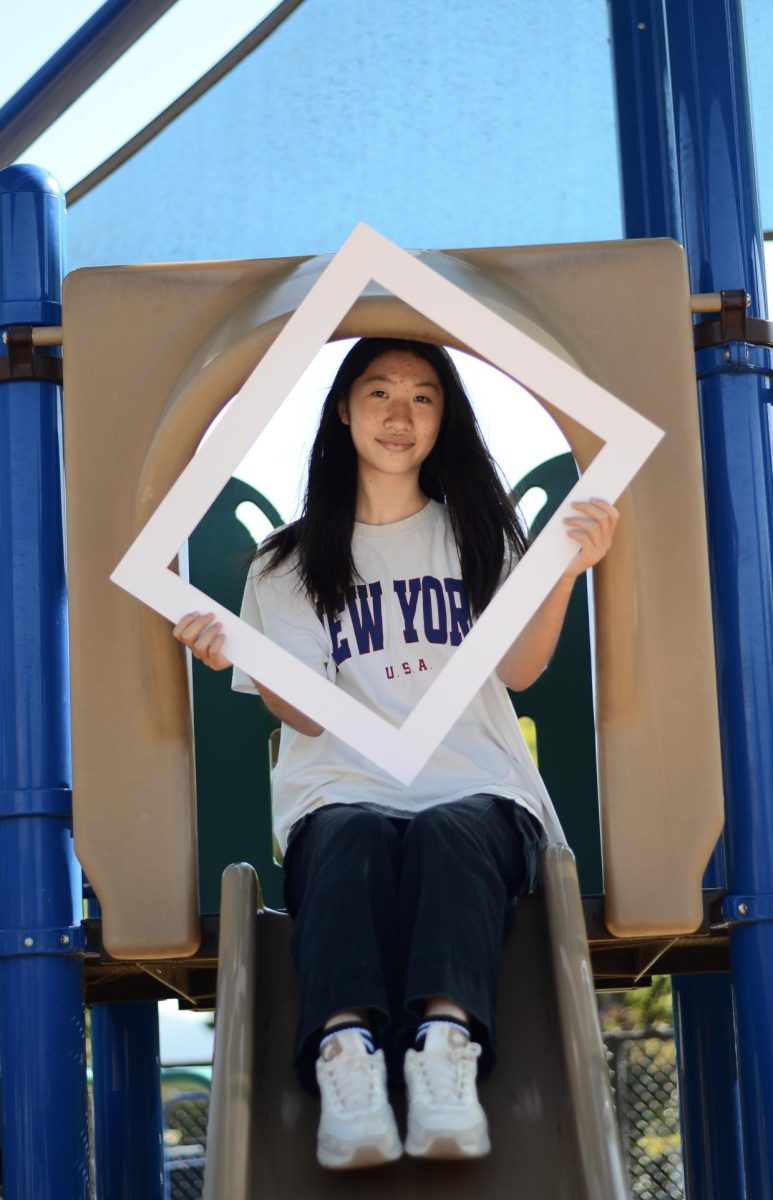As many teenagers do, I spend a lot of time scrolling on my devices. The other day, I was perusing my Quora feed, and I came across a post that claimed elephants think humans are cute in the same way humans think puppies are cute. I immediately upvoted it — after all, who would not like such a wholesome post? However, after turning to the comments, I saw someone pointing out that this supposed fact was unproven. A quick Google search led me to the same conclusion. The idea in the post had never been scientifically proven; instead, social media spread it until it was taken as fact.
This phenomenon is not uncommon, and social media’s role in facilitating the circulation of misinformation is well documented. If no one in the comment section of that post had pointed out that the fact was unproven, I would have never thought to fact-check it on my own.
When I see a post on social media that resonates with me and feels like it could be true, I generally take it at face value. Because of the sheer amount of content I absorb every day, I have likely consumed a multitude of misinformation. Sixty-seven percent of Americans say that they have found fake news on social media. Thus, fake news especially impacts people who seek news entirely from platforms like TikTok. According to the Pew Research Center, a third of Americans under 30 use TikTok to stay informed. In general, 63% of Generation Z turns to social media rather than reliable sources for their news.
Gen Z’s reliance on social media for news reflects a growing trend of their subpar media literacy. With information constantly being fed to us with infinite scrolling, many of us do not feel the need to actively go out and search for valid news sources. Only 15% of Americans under 30 follow local news, compared to around 35% of those older than 30. Thus, many young people have difficulty identifying what misinformation is and is not.
Stemming from the growing habit of automatically believing content online, many young people struggle to find information independently. While reading posts online, I find that people will ask questions in public forums that could easily have been typed into Google. Information is at our fingertips, yet people often seem to neglect the power of search engines in favor of social media’s infinite content loops.
As social media algorithms continue to improve, they will only become more addicting. Artificial intelligence further exacerbates the problem of declining media literacy, as AI helpers can summarize data and remove the need for people to seek information out on their own.
To counter all of the factors trying to lower our media literacy, we must learn to analyze everything we consume with a critical eye. CBS News proposed five ways to spot fake news headlines, with the primary tip being to always try to find a primary source. Consuming content with a more involved approach may be more difficult than merely doom-scrolling, but it is a necessary step to maintaining critical thinking skills.


















![“[Building nerf blasters] became this outlet of creativity for me that hasn't been matched by anything else. The process [of] making a build complete to your desire is such a painstakingly difficult process, but I've had to learn from [the skills needed from] soldering to proper painting. There's so many different options for everything, if you think about it, it exists. The best part is [that] if it doesn't exist, you can build it yourself," Ishaan Parate said.](https://harkeraquila.com/wp-content/uploads/2022/08/DSC_8149-900x604.jpg)




![“When I came into high school, I was ready to be a follower. But DECA was a game changer for me. It helped me overcome my fear of public speaking, and it's played such a major role in who I've become today. To be able to successfully lead a chapter of 150 students, an officer team and be one of the upperclassmen I once really admired is something I'm [really] proud of,” Anvitha Tummala ('21) said.](https://harkeraquila.com/wp-content/uploads/2021/07/Screen-Shot-2021-07-25-at-9.50.05-AM-900x594.png)







![“I think getting up in the morning and having a sense of purpose [is exciting]. I think without a certain amount of drive, life is kind of obsolete and mundane, and I think having that every single day is what makes each day unique and kind of makes life exciting,” Neymika Jain (12) said.](https://harkeraquila.com/wp-content/uploads/2017/06/Screen-Shot-2017-06-03-at-4.54.16-PM.png)








![“My slogan is ‘slow feet, don’t eat, and I’m hungry.’ You need to run fast to get where you are–you aren't going to get those championships if you aren't fast,” Angel Cervantes (12) said. “I want to do well in school on my tests and in track and win championships for my team. I live by that, [and] I can do that anywhere: in the classroom or on the field.”](https://harkeraquila.com/wp-content/uploads/2018/06/DSC5146-900x601.jpg)
![“[Volleyball has] taught me how to fall correctly, and another thing it taught is that you don’t have to be the best at something to be good at it. If you just hit the ball in a smart way, then it still scores points and you’re good at it. You could be a background player and still make a much bigger impact on the team than you would think,” Anya Gert (’20) said.](https://harkeraquila.com/wp-content/uploads/2020/06/AnnaGert_JinTuan_HoHPhotoEdited-600x900.jpeg)

![“I'm not nearly there yet, but [my confidence has] definitely been getting better since I was pretty shy and timid coming into Harker my freshman year. I know that there's a lot of people that are really confident in what they do, and I really admire them. Everyone's so driven and that has really pushed me to kind of try to find my own place in high school and be more confident,” Alyssa Huang (’20) said.](https://harkeraquila.com/wp-content/uploads/2020/06/AlyssaHuang_EmilyChen_HoHPhoto-900x749.jpeg)










